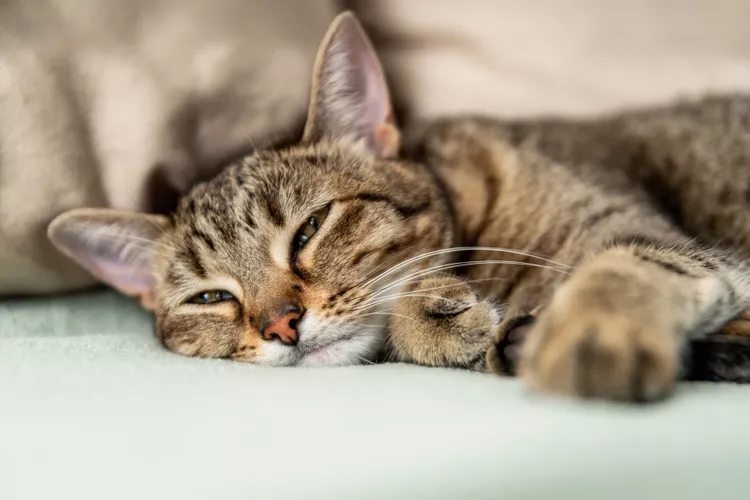
When a cat's normal behavior changes subtly or dramatically, a conscientious owner can't help but feel concerned. Knowing what is "normal" for your cat will make it easier to recognize behavioral problems that arise. Some changes can indicate underlying health or social issues, while others are simply personality quirks that arise as your cat grows older. Learn the differences—for both your cat's well-being and your peace of mind.
Some cats have a stronger prey drive and will act aggressively toward toys, children, other pets, or even their owners. This aggressive behavior is natural, but if a normally mellow cat suddenly starts acting aggressively, then this is a cause for concern.
Pain and fear are often the reasons for a cat to exhibit unprecedented—or unprovoked—aggression. Events that can cause a cat to be fearful include:
Resolving the aggressive behavior may mean finding and eliminating the cause of the pain or fear, using medications and behavior supplements, and reassuring your cat. Discipline is not the solution for aggressive behavior in cats.
Cats are creatures of habit. They will quickly learn when it's meal time if you meal feed or that there is always food available if you elect to leave a bowl out. If your cat's speed of eating or the amount of food consumed changes drastically, then it may signal a problem such as:
Some cats are naturally more playful than others and, just like people, they have individual personalities. But when a regularly playful cat doesn't want to play like it used to, it may be cause for concern. A cat that doesn't feel well or is in pain may not want to jump around and chase toys. A veterinary visit may be in order if your cat does not return to a normal playful cat after a couple of days.
Cats that do not feel well or are scared are likely to hide, Stressful or traumatic events may also precipitate hiding, including:
If the hiding is due to an event, then your cat should return to normal after a few days, If it is due to an illness or pain, the cat may need to be examined by a veterinarian.
One of the main reasons cats are relinquished, euthanized, or abandoned is the development of a urinary or fecal elimination problem. Behavior changes in the urination and defecation habits of your cat are most often related to stress, fear, or a lack of appropriate, clean, litter box options.
Some cats suddenly choose to defecate and/or urinate outside of their box, and this behavior is your cat trying to tell you something. They may not like the size of the box, the kind of litter, how dirty the litter is, the placement of the box, or the number of litter box options they have.
In some cases, cats may be trying to tell you that they don't feel well and that they have a urinary tract infection or pain from a digestive tract problem. If you notice abnormally large clumps of litter from urine, spots of blood in the litter box, absent or very small clumps of litter from urine, or your cat is straining, crying, or eliminating outside of the litter box, you should not hesitate to visit the veterinarian to address the potentially life-threatening infection.
Many other things can cause elimination behavior changes and even the experts do not fully understand all the reasons behind them. Medical reasons for elimination behavior changes should always be ruled out before fixing any environmental issues.
Scratching is a normal cat behavior, but if your cat suddenly starts scratching more, especially in one particular spot, it could be an indication that it is stressed. Nutritional supplements designed to relax your cat without sedating it, as well as pheromones, may help lower your cat's stress level.
Otherwise, think about any changes in the environment that may have negatively impacted your cat and do your best to correct them.
Cats who are not feeling well may sleep more than usual. There is, of course, the simple possibility that your cat is just lazy and/or overweight, but if a cat starts sleeping more than it used to, you should schedule a visit to your veterinarian.
Grooming is a natural cat activity. They typically groom themselves and others when they are relaxed or feel as though their fur is messy. Cats that stop grooming or have a major decrease in self-grooming may be ill and should be checked out by a veterinarian.
Sometimes cats who are gaining weight are unable to reach certain areas of their body; therefore, they are unable to groom themselves. This can be fixed by helping your cat to lose the extra weight with less food or a lower-calorie diet.
Sore joints and muscles are also a contributing factor in grooming. Cats that have osteoarthritis or injuries may not be able to reach certain areas to groom that they were once able to reach.
Cats have many vocalizations and reasons for making them. Possibilities include:
Assess the situation and think about what changes could be causing the vocalizations. If you cannot think of any reasons for the sudden noises your cat is making, consider scheduling a visit with your veterinarian to see if there is a medical reason causing distress in your cat.
Any change in a cat's behavior could be considered an emergency, so if you're unsure, promptly schedule a vet visit. Sudden reclusive behavior, lethargy, or aggression are possible indicators of pain or illness that should be diagnosed and treated as soon as possible.
Minor changes in behavior, or those that appear and pass quickly, are rarely cause for concern and can be chalked up to cat quirks.
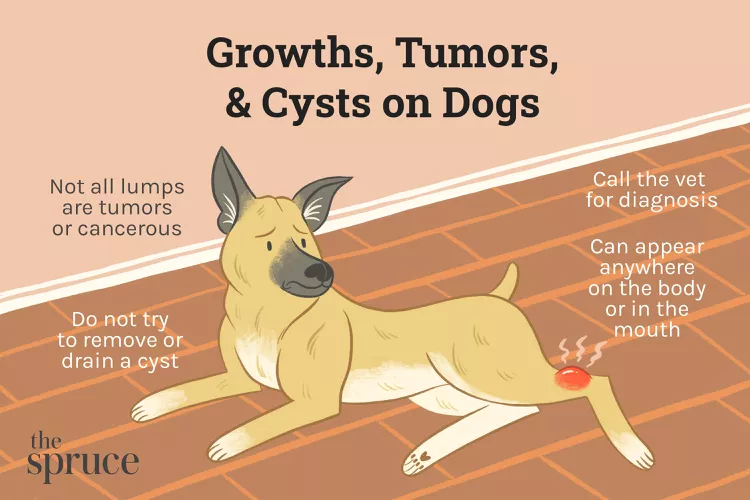
Tumors, Growths, and Cysts in Dogs
Tumors, lumps, growths, or cysts are commonly found on dogs. Learn the causes, treatments, and preventative measures.
Eye Injuries and Infections in Dogs
Dogs can suffer eye injuries that range from mildly irritating to serious medical emergencies. Learn the causes, treatment, and prevention.
Vestibular Disease in Dogs
Vestibular disease affects a dog's balance and eye movements. Find out about the signs, causes, and treatment of vestibular disease in dogs.
Is Acetaminophen Safe for Dogs?
Acetaminophen is used by humans for pain and fever relief, but is it safe for dogs? Here's what you need to know before giving your dog acetaminophen.
Can Dogs Eat Zucchini? Everything to Know About This Hardy Summer Squash
Zucchini is a nutritious food that's safe for dogs to eat in moderation. This low-calorie, high-fiber vegetable can be incorporated as a healthy treat in a dog's balanced diet. Learn more about its health benefits, potential risks, and how to prepare it.
Can Dogs Eat Popcorn? What You Need to Know for Movie Night
Dogs can eat popcorn, but there are safety concerns. Find out how to safely feed your dog popcorn and what you should do if you're concerned.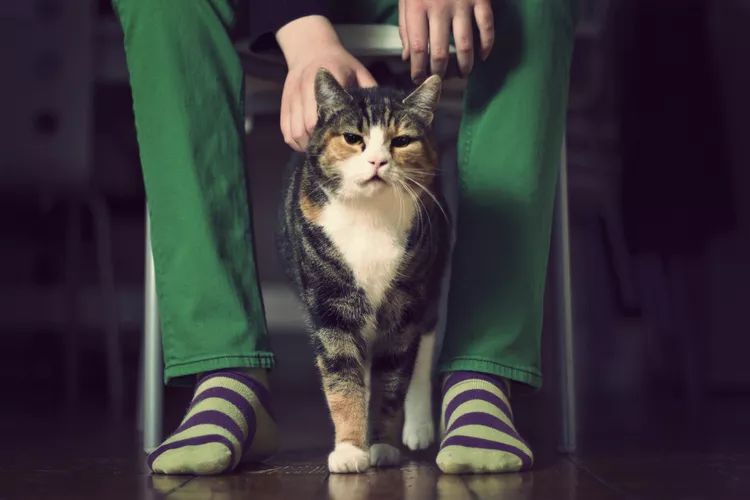
65 Irish Cat Names
Irish cat names can pay homage to historical places, local cuisine, famous Irish actors and musicians, or other wonderful aspects of the Emerald Isle.
46 Egyptian Cat Names
Whether inspired by notable Egyptian deities, locales, or pharaohs, Egyptian cat names can bring out the divinity of your noble feline companion.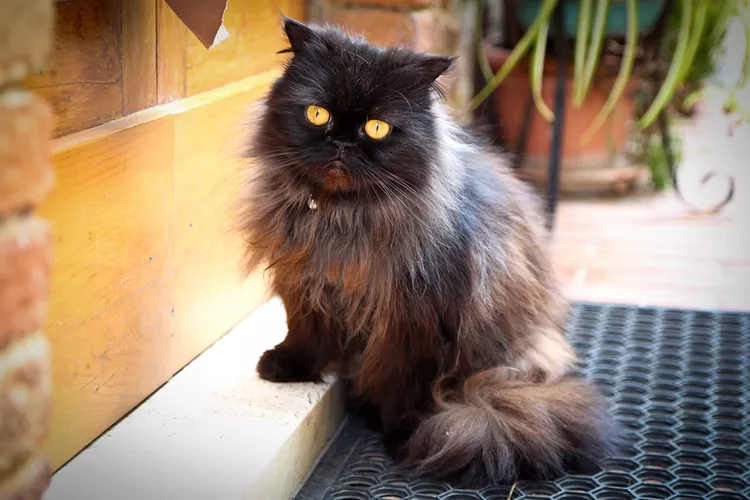
Are Ant Traps Safe for Cats?
Here's how to know if ant traps are safe for cats and how to keep yours free from harm if you have an ant problem.
The 6 Best Cat Nail Clippers of 2024 for a Safe Trim
Clipping your cat's nails can save your furniture and keep your kitty comfortable. We asked veterinarians for their cat nail clipper recommendations.
Is Neosporin Safe for Cats?
A brief summary of concerns a cat owner should be aware of before putting Neosporin on their cat, plus tips for things they can use at home instead.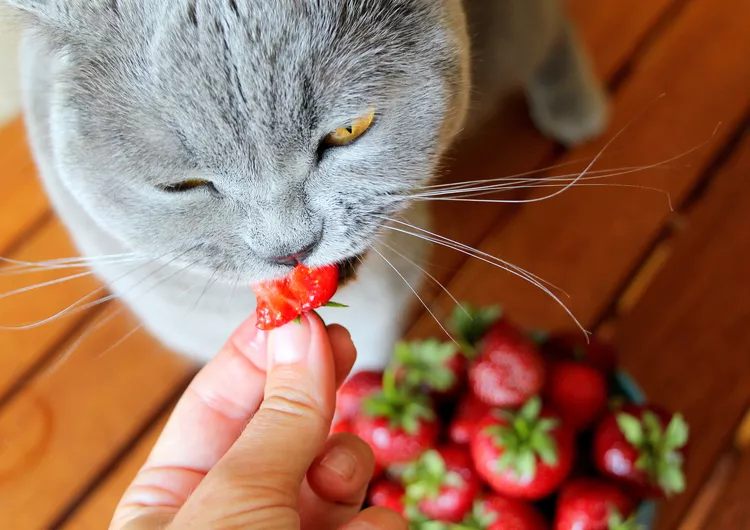
Can Cats Eat Strawberries? How to Safely Share This Summer Berry
Although cats are primarily meat eaters, strawberries may be an interesting and tasty snack for your feline friend. Find out the risks of feeding strawberries to cats and how to safely let your cat enjoy this fruit.
Cute Pictures & Facts About Calico Cats & Kittens
Learn fascinating facts about calico cats, including photos, the genetics behind this color combination, and common folklore and traditions.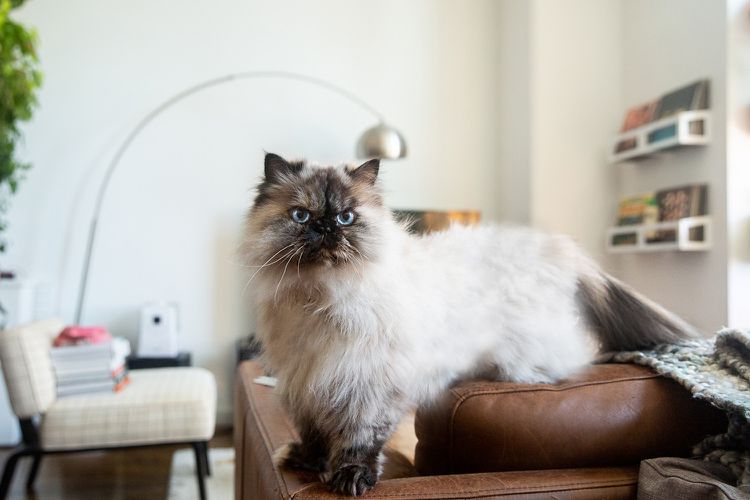
12 Most Popular Cat Breeds for Feline Lovers
These 12 cat breeds, like the Siamese and Sphynx, are known for their unique appearances and personalities. Learn what makes them so popular.
Balinese: Cat Breed Profile, Characteristics & Care
The Balinese cat is playful, sociable, elegant, intelligent, and a touch on the vocal side. Learn about the Balinese, including appearance, temperament, health, and care needs.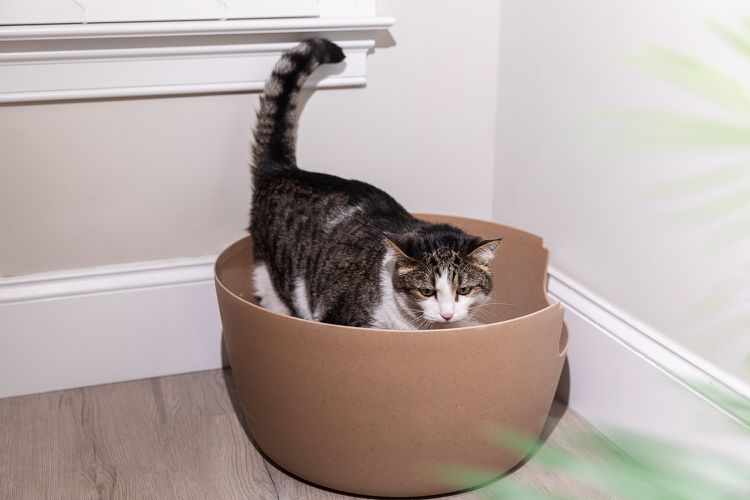
Why Cats Don't Always Cover Their Poop
Cats may not cover their poop for a few different reasons, including being territorial, sending a message to their owner, and not liking the litter.
Cavapoo: Dog Breed Characteristics & Care
The Cavapoo is a hybrid of the Cavalier King Charles spaniel and a toy or miniature poodle. Learn why these teddy-bear-looking dogs make the perfect addition to your family.
Why Dogs Eat Poop and How to Stop Them
Is your dog eating poop? Some dogs do this because of stress or illness. Learn how to prevent stool eating, or coprophagia, in dogs.
Can Dogs Get Depression? How to Help Your Sad Dog
Can dogs get depression? Learn about the signs of depression in dogs and find out how to help your sad dog.
4 Reasons Why Your Dog Licks Their Butt
Butt-licking in dogs can be a part of normal grooming, but excessive butt-licking is not normal. Read about the most common reasons for this behavior.